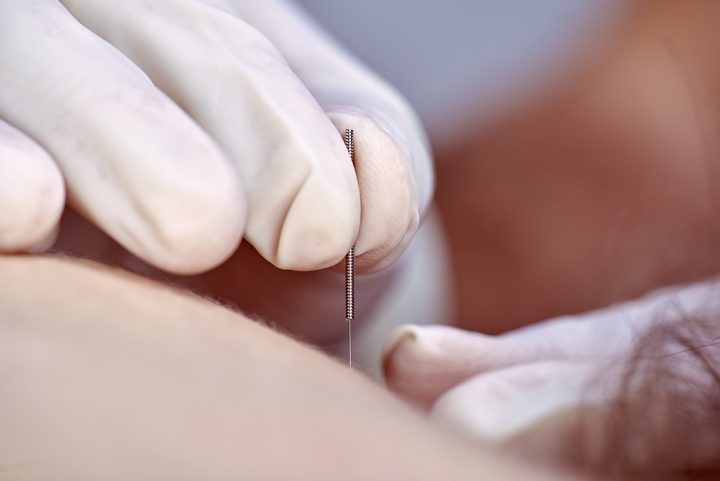Neck pain can be highly uncomfortable and, in severe cases, even debilitating. When your neck becomes strained or injured, you can have difficulty performing even the most basic tasks. It can leave you in extreme pain and may even lead to dizziness.
Many different treatment options can help alleviate your neck pain. However, one of the best methods is preventing it from happening in the first place. Being proactive by improving your posture, sleeping position, and stretching regularly can help stop neck pain before it starts. Plus, regularly visiting a healthcare practitioner like a chiropractor or massage therapist can help reduce tension and keep your neck muscles loose and pain-free.
Over-the-counter pain medications or heat and ice therapy may help you regain mobility and reduce your discomfort. However, there are a few other things you can do to gain relief. Here are seven treatments on how to ease neck pain:
1. Pay attention to posture

One of the most common triggers for neck pain is your posture. Poor posture causes you to slouch and doesn’t allow your body to properly support your head and neck. Back and neck muscles can become strained, ultimately leading to pain.
To improve your posture, stand with your back straight. Roll your shoulders back and gently press your shoulder blades together. Tilt your chin up, so it is parallel with the ground, and align your head so it is above your shoulders. Check-in with your posture throughout the day and make the necessary corrections to keep your back straight and your neck pain-free.
2. Find the right pillow for neck pain

Improper sleeping positions and pillows that don’t provide proper support can cause you to wake up with a kink in your neck. Finding the right pillow is key to both reducing and preventing neck pain. Select a pillow that is right for your preferred sleeping position.
Look for firm enough to provide ample support and keep your neck and head level with your shoulders. A too thick or too thin pillow can bend your neck at odd angles and cause you to awaken in pain.
3. Work smart to ease neck pain

Many of us spend countless hours a week sitting at our desks. The way that we work can play a crucial role in the health of our back and neck. Find ergonomic ways to modify your workstation for optimal comfort to minimize neck pain. Ensure that your computer screen is level with your eyes and your keyboard is set at a comfortable height and distance from your body. Find a chair that allows you to sit straight and maintain good posture.
You want to be sure that if you wear glasses, your prescription is up-to-date. If you are straining to read the words on your screen, you are likely leaning forwards and adding strain to your neck as well. It is also important to consider wearing a headset when you answer the phone to avoid holding the receiver between your head and shoulder and crimping your neck.
Tip #4: Stretch your neck

Performing gentle neck stretches regularly is an excellent way to loosen your muscles. When your back and neck muscles and tendons become tight, it can become extremely uncomfortable and restrict your range of motion. Spending five minutes each morning and evening stretching these muscles can keep them loose, limber, and pain-free.
Tip #5: See a chiropractor for neck pain

A chiropractor is a health care professional specifically trained in treating back, neck, and spine conditions. They can work with you to create a treatment plan designed to remove any subluxations you may be suffering from.
These treatments can also provide you with stretches and exercises you can try at home to reduce your neck pain and prevent future body aches from occurring.
Tip #6: Try acupuncture for neck pain

The ancient Chinese practice of acupuncture has been used for centuries to help treat a vast array of different illnesses and complications. It works by using tiny needles, which align the body’s energy channels when pricked into the outer layer of the skin. Acupuncture has been shown to help reduce pain and improve circulation and healing.
Tip #7: Get a massage for neck pain

A visit to a massage therapist can be an excellent treatment for neck pain. Using appropriate pressure, your therapist can gently work out any knots and tension that you may be held in the neck and shoulder areas.
When these muscles become tight, they can inhibit movement and lead to pain and stiffness. Regular massages can help combat this and prevent neck pain from occurring in the future.




